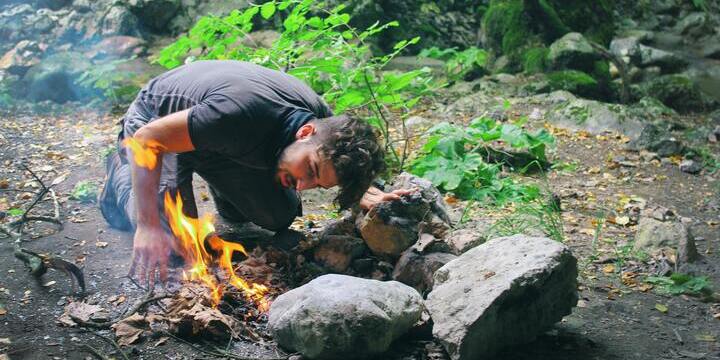One of my earliest mentors, Nick Bredimus, insisted that a good businessperson is prepared for anything. I’m not sure he intended for me to take that lesson to heart so well in my personal life. I’ve used that line of thinking to focus on how to survive.
In this post, I explain the basics of what I think you should know about how to survive, too.
The Survivalist Movement
Since the 1980s and before, a group of people have started actively prepping for emergencies and natural disasters. They’ve noticed — and rightfully so — that disruptions to the social order are more common than most people think. We saw it in Texas this winter when the power grid went down. And this movement also realizes that eventually, this breakdown will be worse than some of the breakdowns we’ve seen before.
Some survivalists only prepare for small personal emergencies, and that’s a good starting point. Others are more interested in surviving something big that they think is on the horizon. No matter whether the focus is on big or small emergencies, surviving depends on some of the following:
- Self reliance
- Knowledge
- Skills
- Supplies
You should know the basics of first aid, for example. You also need a means of defending yourself in an attack. Building a bomb shelter or some place shelter to escape to is another option, but that’s when you’re starting to get extreme.
I mention the 1980s because that’s when phrases like “preppers” and “survivalists” started becoming popular. People have been prepping for disasters since long before that, though.
Get Ready for a Power Outage
The first step in learning how to survive is to get ready for a power outage. I didn’t think a power outage was something I’d ever need to worry about, but I learned differently in February. I spent my birthday eating cupcakes by candlelight in a 50-degree house.
What do you need during a power outage?
Flashlights are good. I used the flashlight on my cell phone during my recent power outage, but it didn’t take long to realize that with no way to charge my cell phone battery, I’d be out of light quickly.
Batteries for the flashlight are important, too. Having candles and matches to light the candles with is also a good idea.
That’s a good start for getting ready for a power outage, but you might eventually start thinking about buying a generator. Get ready, though after February’s debacle, there’s a waiting list in Texas for generators.
Write Some Stuff Down
Most people no longer have a list of phone numbers. All their contacts — including their emergency contacts — are saved on their cell phone. What happens if you break your phone during the outage, though? And what if you have no cell phone connection or your battery dies?
A huge percentage of people no longer have a land line, but having a land line is a good idea if you’re serious about being prepared for disaster.
So, yes, you need to write some stuff down.
Start with the names, addresses, and phone numbers of the people important to you.
You should also have a list of emergency contacts in case something happens to you and the police or fire department need to contact your emergency contact.
Know Where Your Important Documents Are
You should have all your important documents stored where you can get to them. This includes birth certificates and forms of identification. It also includes deeds to property. If you have insurance, you should have the details for that written down, too.
Having these documents in a safe or some kind of deposit box is a good idea.
Stock Up on Food
You should for sure know how to cook dried beans and rice. Both are cheap, nutritious, and filling. They’re also easy to cook.
You never know when you’re going to get into a situation where you can’t get to the grocery store or where the grocery store doesn’t have any food left on the shelves.
We didn’t see this happen during the pandemic, but we could have. At various points, we didn’t have the ability to buy toilet paper, for example.
That easily could have been food that was unavailable.
Conclusion
That’s just for starters. You should read a good book or two on prepping. I suggest starting with Emergency: This Book Will Save Your Life by Neil Strauss.
